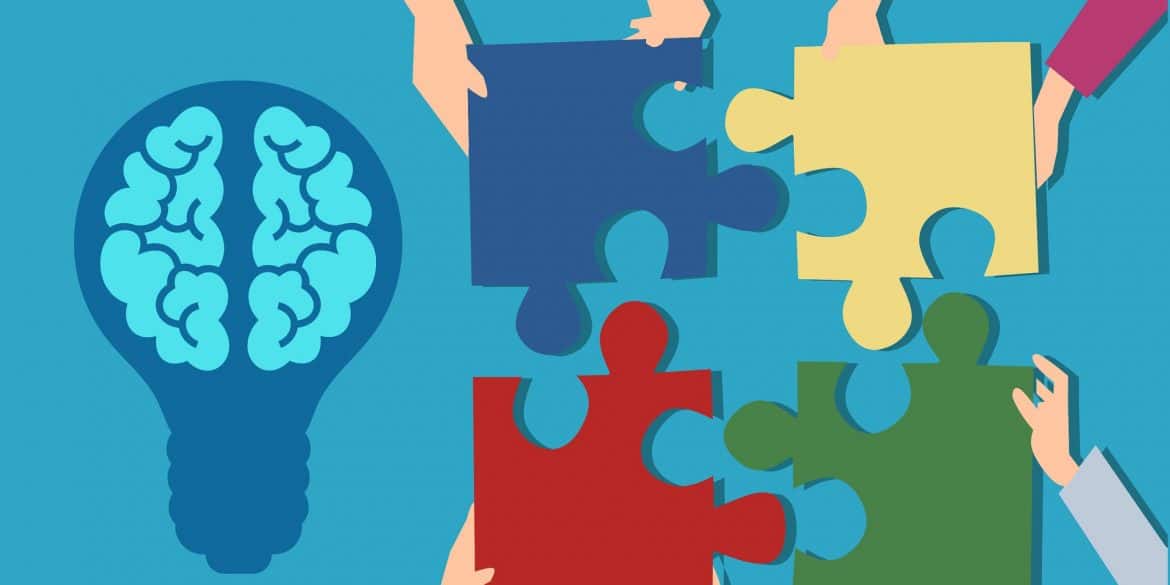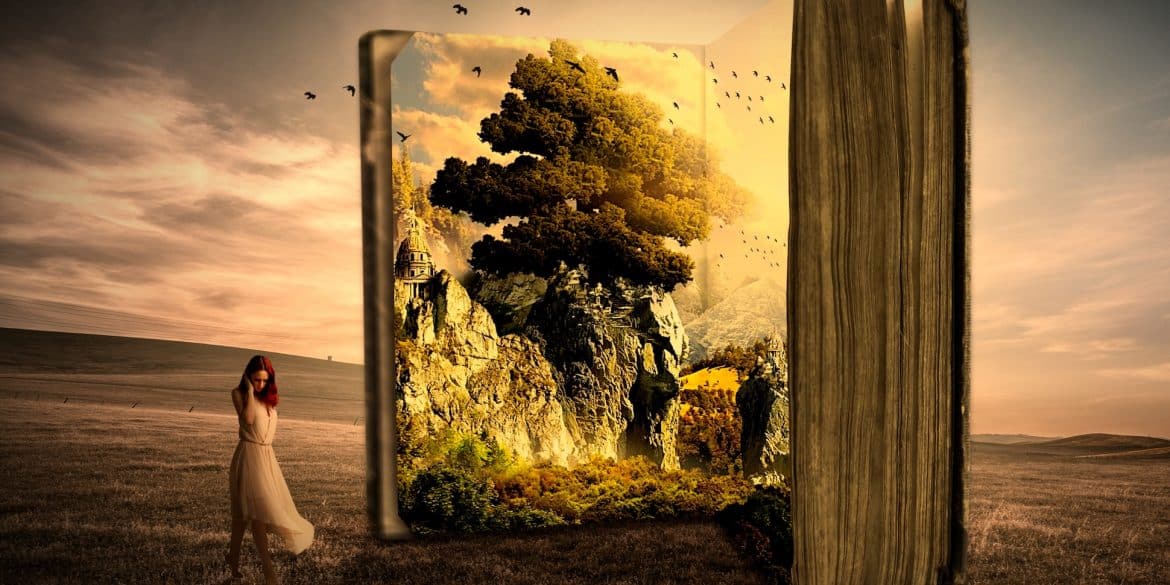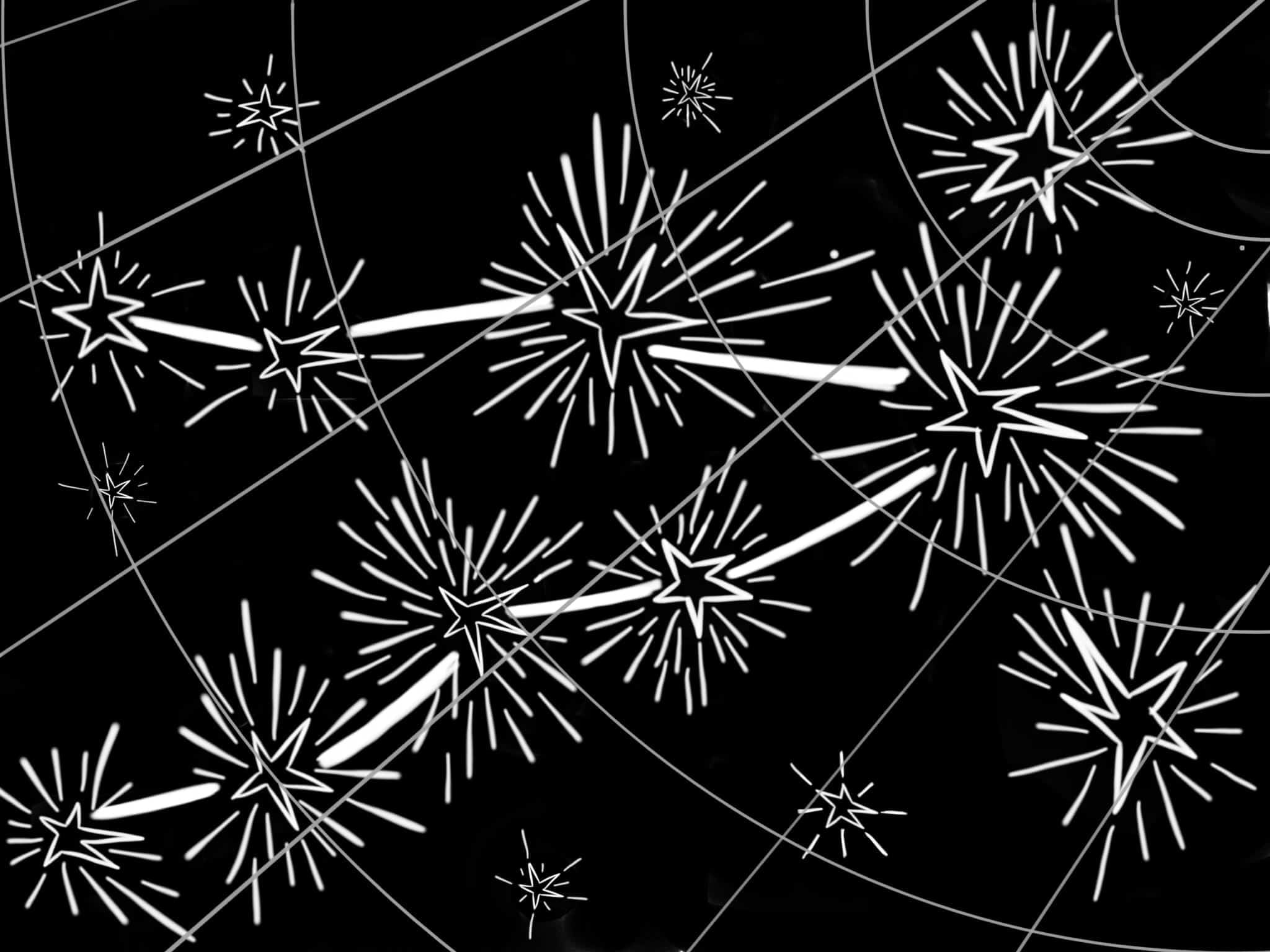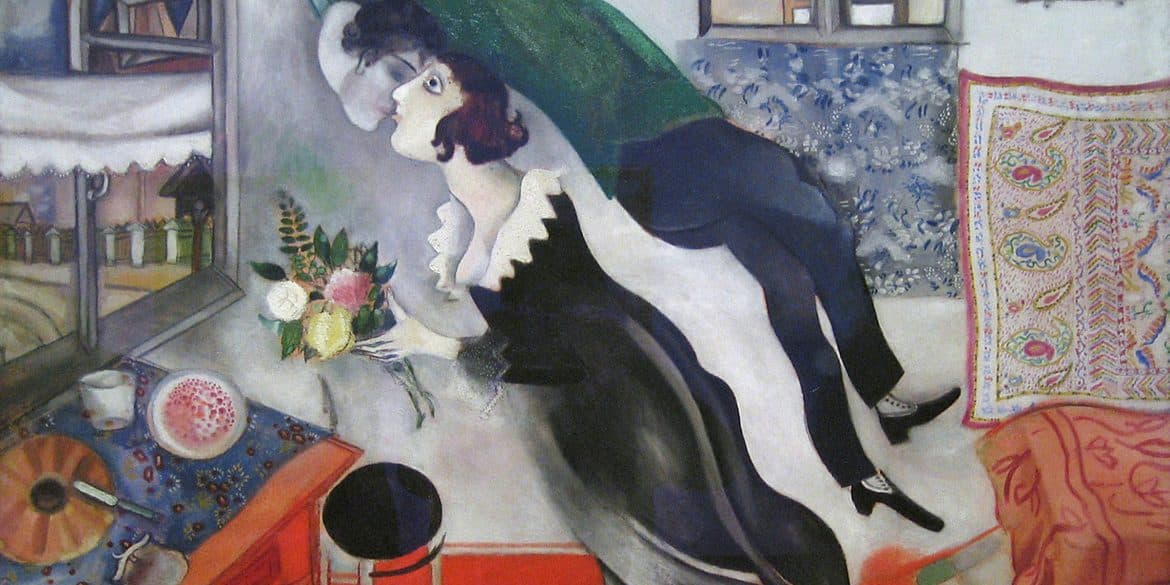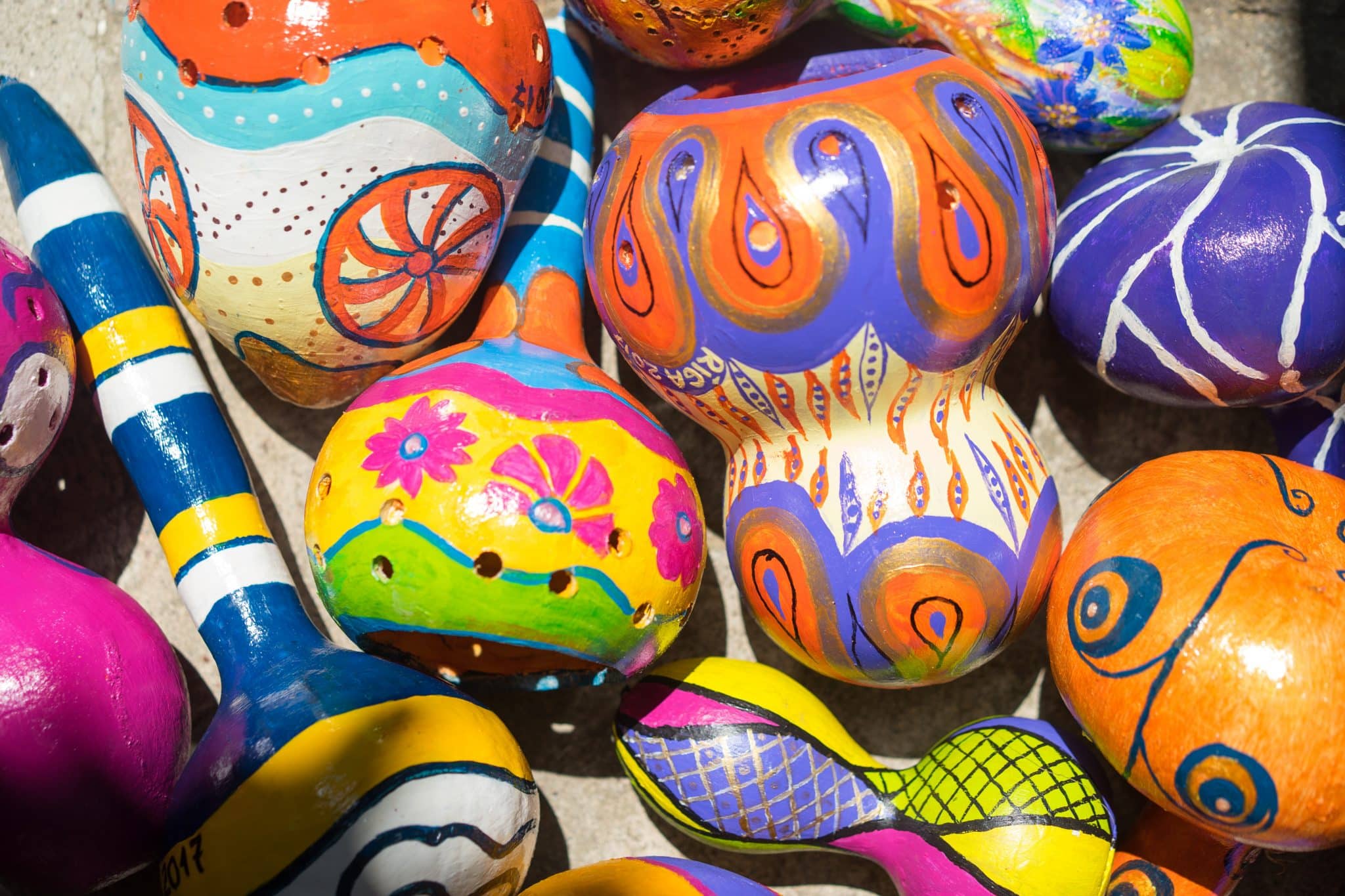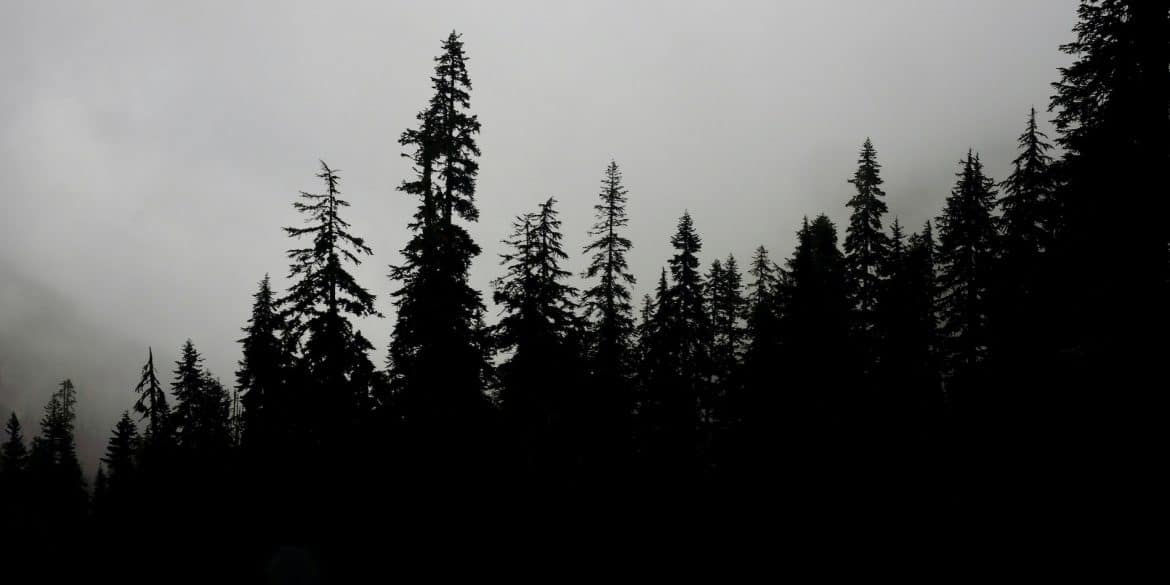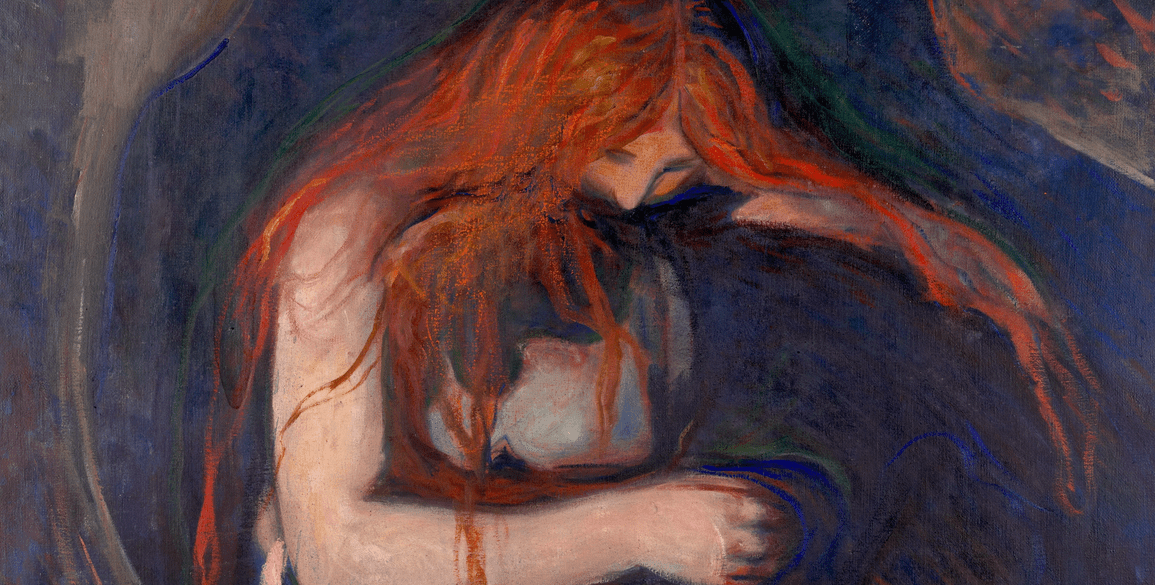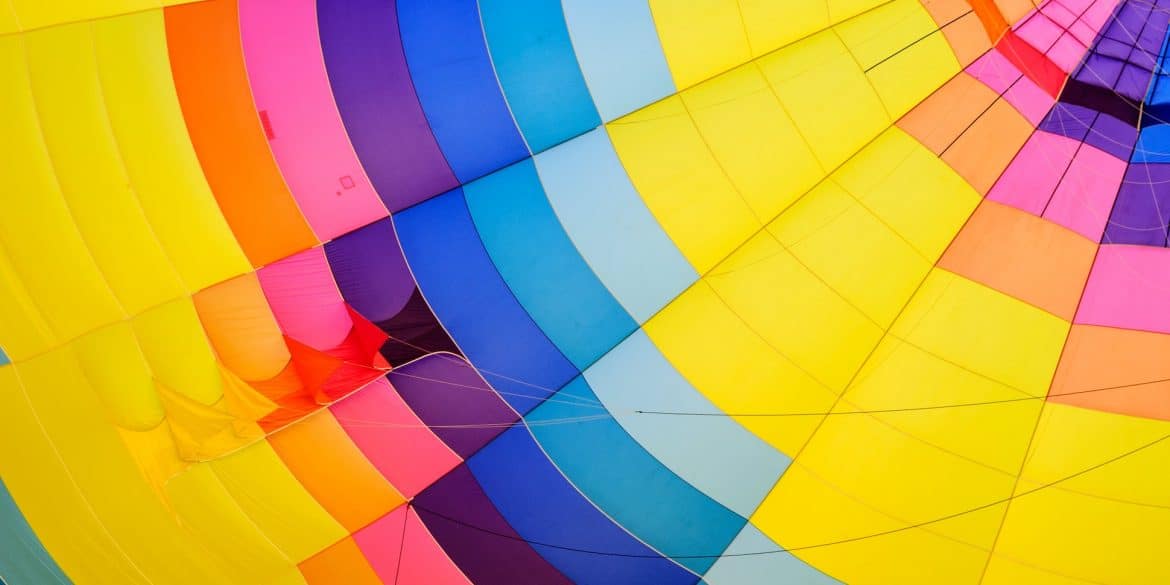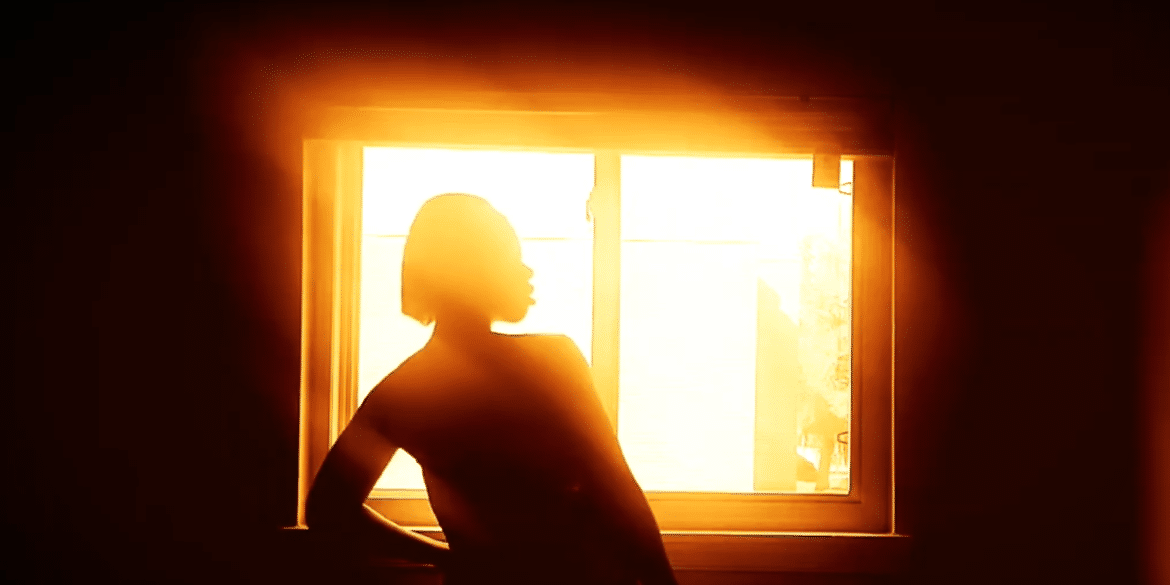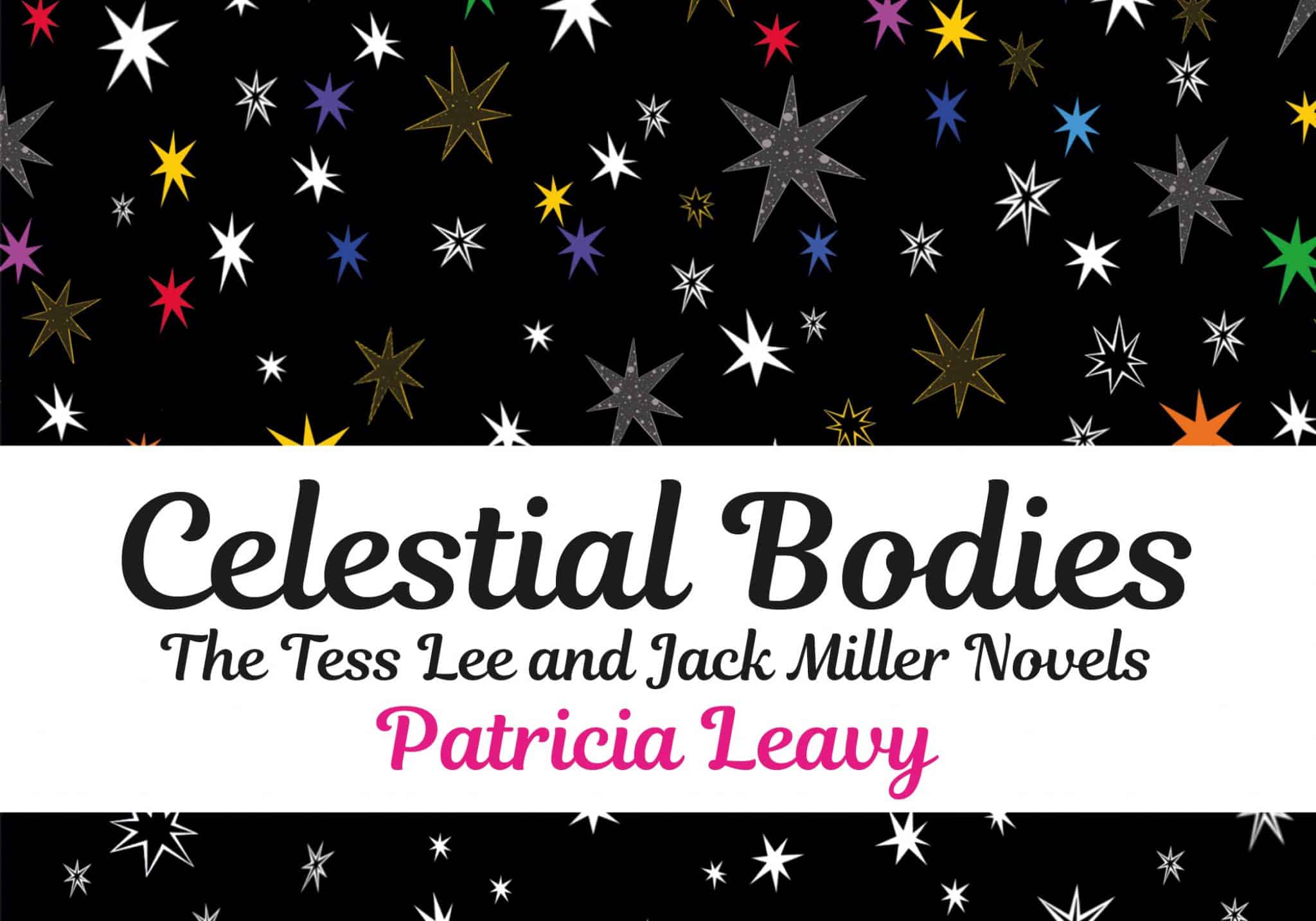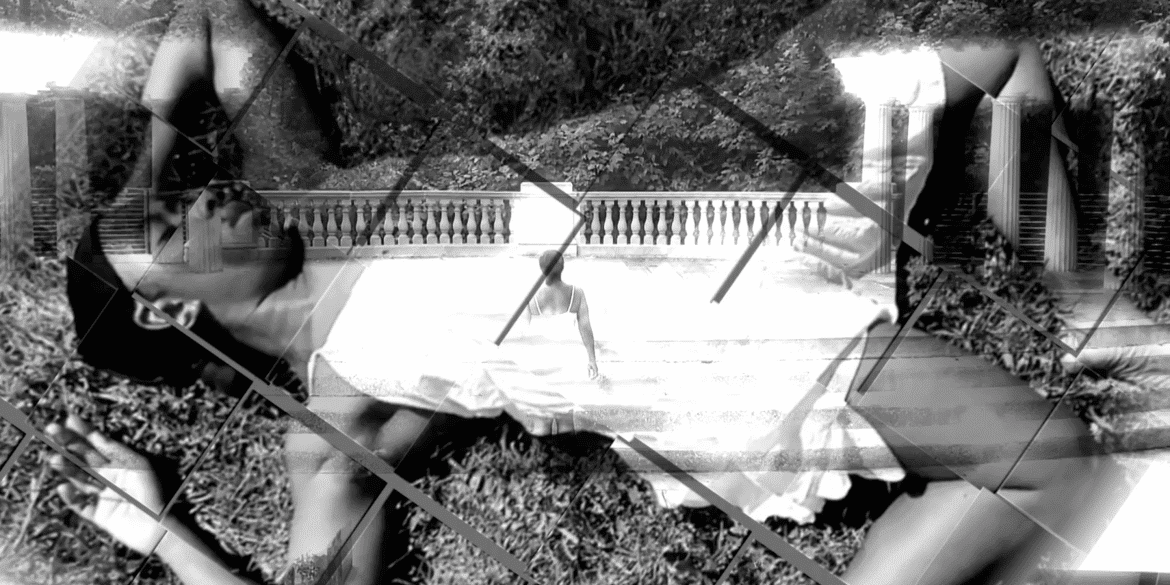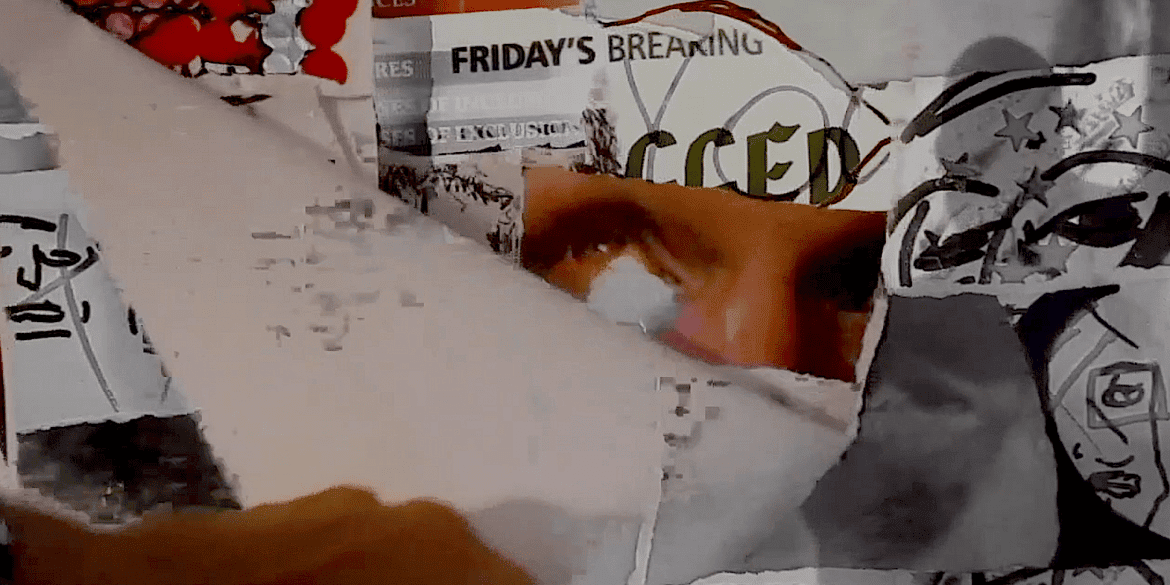This video explores how editors have developed their approach to reviewing creative autoethnography and highlights strategies for contributors.
Diane Riggins·
All ContentAutoethnographic EssaysAutoethnographic WritingReflections on MethodVolume 1, Issue 2 (2021)
··5 min read"My thesis began to unfold after doing some research on my final topic idea about Tolkien’s world, female characters, female gamers, and the stereotype that females are the love interests or damsels in distress. I chose autoethnography because it allowed me to add that personal angle to the paper because I am a female writer, reader, and gamer."
"Although I never planned it, I wrote a series of novels, Celestial Bodies, that have pierced my heart in a way nothing else ever has, changing me as a writer and as a person."
"One way to reach broader audiences is to embrace creative nonfiction and use storytelling as academic writing."
"In Turkey, we must consider opening folklore & the social sciences, but this time more powerfully, staggeringly, and creatively."
"It is in finding these solutions, the tape and the glue that holds us all together, that we find the beauty of who we are as people."
Through our collaborative autoethnography, we learned that intentionally spending time with grief is well worth the effort.
Marlen Harrison·
All ContentAutoethnographic Art & MultimediaEducationFrom the EditorsMoreReflections on MethodVolume 2, Issue 1 (2022)
··5 min read"In this brief, animated autoethnography, I utilize the concept of a sociocultural third space to consider why evocative autoethnography can benefit from its own literary and arts journal."
Shanita Mitchell and Marlen Harrison·
All ContentAutoethnographic Art & MultimediaMorePodcastsReflections on MethodVolume 3, Issue 2 (2023)
··18 min readToday we're talking with the award-winning author, researcher, and performer, Shanita Mitchell about performance and autoethnography.
"In my interview with award-winning author Patricia Leavy on literary research, we also discuss her evolution from academic to novelist, her genre of "social fiction," and her latest novels series, Celestial Bodies."
How do creatives find joy in artistic performance as a form of black feminist autoethnography? Podcast & video.
"'SEE ME, Windows to the Self of the Performer-Autoethnographer' explores the question, 'What can I learn about myself by making artwork as autoethnography'?


